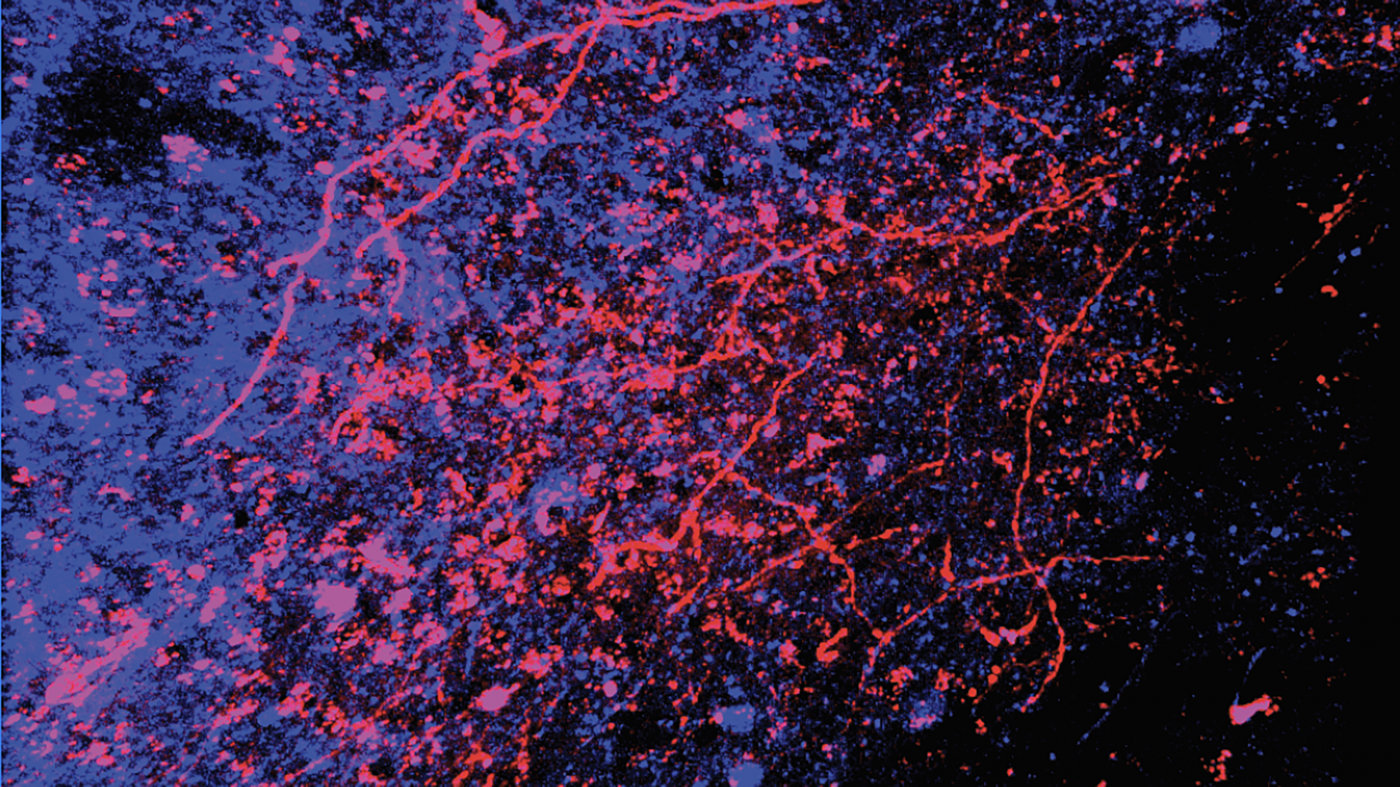THIS EVENT HAS BEEN POSTPONED - MORE DETAILS COMING SOON
Daniel Colón-Ramos, PhD
McConnell Duberg Professor of Neuroscience and Cell Biology Director
WTI Center of Neurodevelopment and Plasticity
Yale University
Electrical synapses act as a magnitude filter to modulate sensory information processing and behavioral choices in C. elegans
Synaptic configurations in precisely wired circuits underpin how sensory information is processed by the nervous system, and the emerging animal behavior. This is best understood for chemical synapses, but far less is known about how electrical synaptic configurations modulate, in vivo and in specific neurons, sensory information processing and context-specific behaviors. We discovered that INX-1, a gap junction protein that forms electrical synapses, is required to deploy context-specific behavioral strategies during C. elegans thermotaxis behavior. INX-1 couples two bilaterally symmetric interneurons, and this configuration is required for the integration of sensory information during migration of animals across temperature gradients. In inx-1 mutants, uncoupled interneurons display increased excitability and responses to subthreshold temperature stimuli, resulting in abnormally longer run durations and context-irrelevant tracking of isotherms. Our study uncovers a conserved configuration of electrical synapses that, by increasing neuronal capacitance, enables differential processing of sensory information and the deployment of context-specific behavioral strategies.
Relevant Publications:
Integration of Plasticity Mechanisms within a Single Sensory Neuron of C. elegans Actuates a Memory
Host(s): Carol Mason (Faculty) and Kapil Ramachandran (Faculty).
Please contact [email protected] with any questions.
This event will be in-person only and will not offer a Zoom option.
Open only to Columbia University and Columbia University Affiliates.
Speaker Location: Jerome L. Greene Science Center, 9th Floor Lecture Hall
Live-stream Location: CUIMC, Hammer Health Sciences Center, Lower Level 1, Room 107
Tuesdays@10 is a signature Zuckerman Institute initiative that aims to expose researchers at all levels to high-quality science and stimulate scientific discourse. The speakers featured in this series represent various fields and techniques in neuroscience, and are either external to Columbia (Columbia Neuroscience Seminars and Special Seminars) or are Columbia faculty members (Local Circuits) invited through a combined, collaborative effort of one or more of the following: Columbia's Zuckerman Institute, the Department of Neuroscience, the Doctoral Program in Neurobiology and Behavior and the Columbia Translational Neuroscience Initiative, and with support from the Kavli Institute for Brain Science.
More information and a full schedule can be found here.
